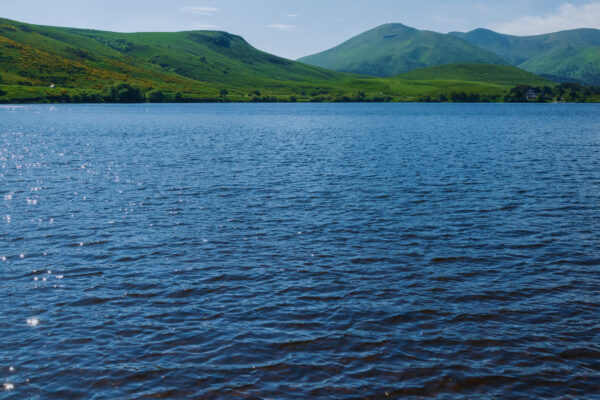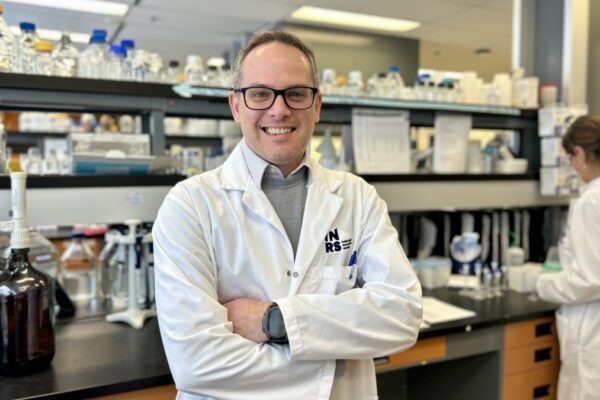- Research Grants
The EcotoQ research centre receives $3M from the FRQNT to promote ecotoxicology research.

EcotoQ research centre offers governments and the media the best Quebec-based expertise on various environmental
EcotoQ, Quebec’s ecotoxicology research centre, focuses on a number of different environmental issues including oil spills; the use of pesticides, herbicides, and other contaminants of agricultural origin; microplastics; and the presence of metals. Its goal is to document the presence and endpoints of these contaminants in the environment and study their effects on fauna and flora. It offers governments and the media the best Quebec-based expertise on various environmental issues since 2018.
Composed of researchers from 12 universities and 1 college, this strategic cluster has just received a $3 million grant from the Fonds de recherche du Québec – Nature and Technologies (FRQNT). This funding, obtained through the “mature clusters” portion of the Strategic Clusters program, will allow EcotoQ to develop and promote its expertise in Quebec and around the world.
“Ecotoxicology is a relatively new science that emerged in the early ’70s. At the time, human toxicology was well established, but we knew little about the effects of environmental contaminants on wildlife,” says Professor Patrice Couture, director of EcotoQ and a researcher at the Institut national de la recherche scientifique (INRS) who specializes in aquatic ecotoxicology.
“Quebec and France were pioneers in this field. Today, INRS’s expertise in ecotoxicology is world-renowned.”
Patrice Couture
Detecting and tracking contaminants in the environment
Student and research members use their expertise to study in one of three research focuses. Teams work on different natural or synthetic contaminants that are released into the environment. From detection to tracking, the work is done by specialists who find and analyze contaminants in the air, water, soil, or living beings (such as fish and plants).
Research also focuses on the pathways these contaminants take through aquatic and terrestrial food webs. One example is mercury in waterways, which travels from organism to organism, then to fish, and finally to humans.
Finally, the researchers study the health consequences of contaminants in aquatic and terrestrial populations, whether in fresh or salt water, in soils or aboveground, from southern Quebec to the Arctic and everywhere else in the world where their research takes them.
“We are limiting our expertise to the ways these contaminants affect the environment, but we are developing partnerships with experts who are working on human health effects,” says Professor Couture, who points to EcotoQ’s collaboration with dozens of experts in related fields.
From analysis to knowledge dissemination
EcotoQ has a clear mission to raise awareness of the effects of contaminants on the environment and is taking several steps to that end. In addition to training students and holding conferences and other activities for the scientific community, the group organizes events for the general public and regularly takes a stand on important societal issues. Recently, the members have addressed the regulation of pesticides such as neonicotinoids, as well as the recognition of the rights of the St. Lawrence River and its watersheds as a legal entity.
Given the climate crisis, the group is actively questioning how to improve practices and how climate change could exacerbate the effects of pollutants in order to better anticipate and reduce the environmental consequences of human activity.
“This funding will allow us to develop and consolidate EcotoQ’s expertise so it can be promoted in Quebec and around the world. We want to become a flagship in environmental pollution research,” concludes Professor Couture.




